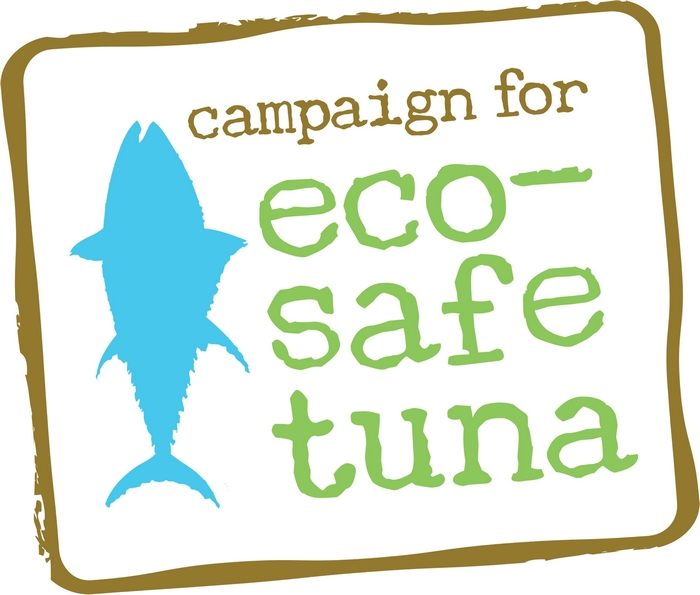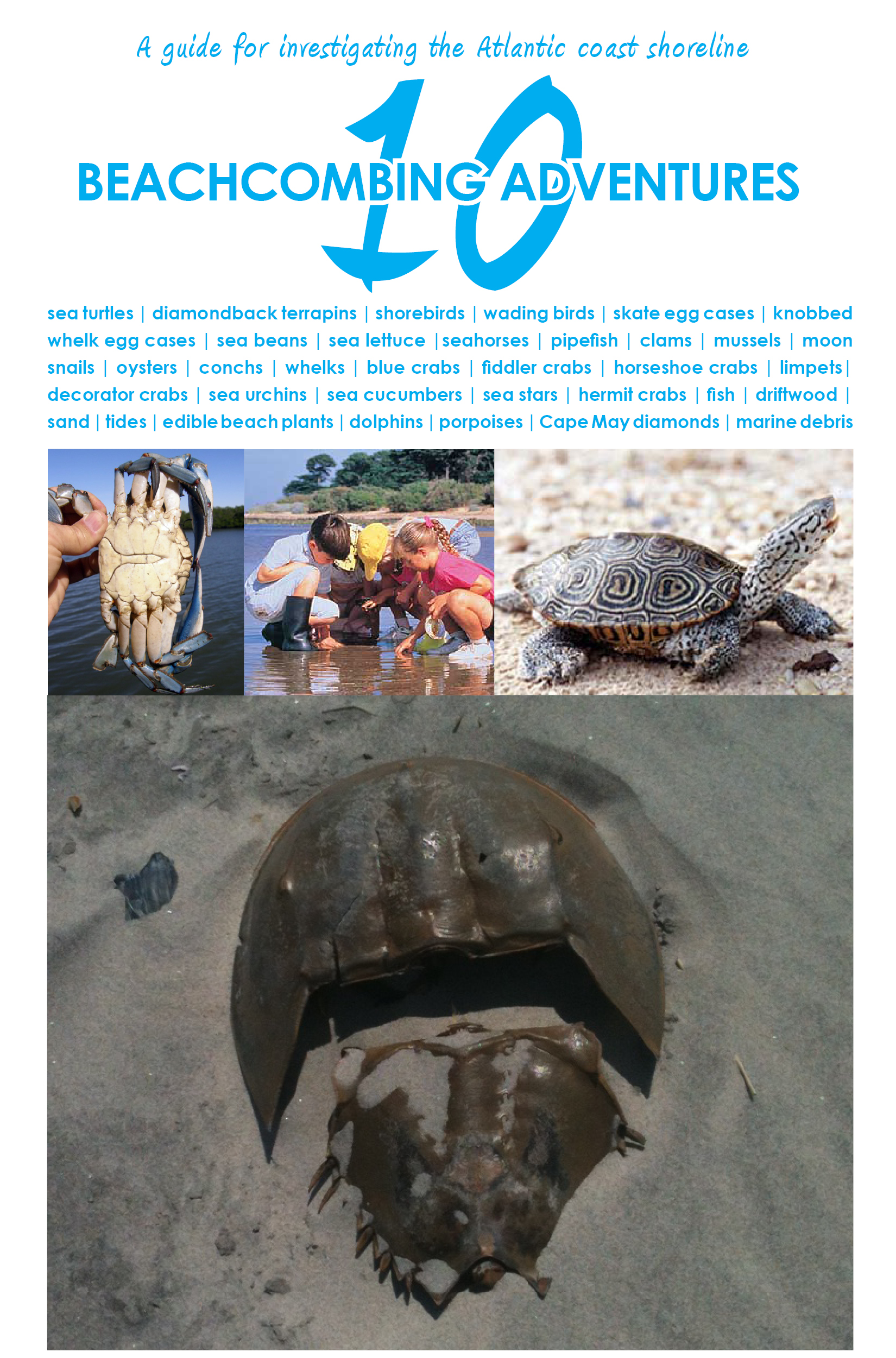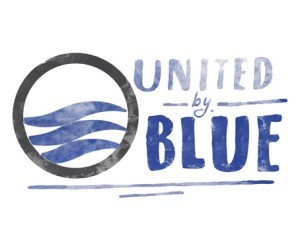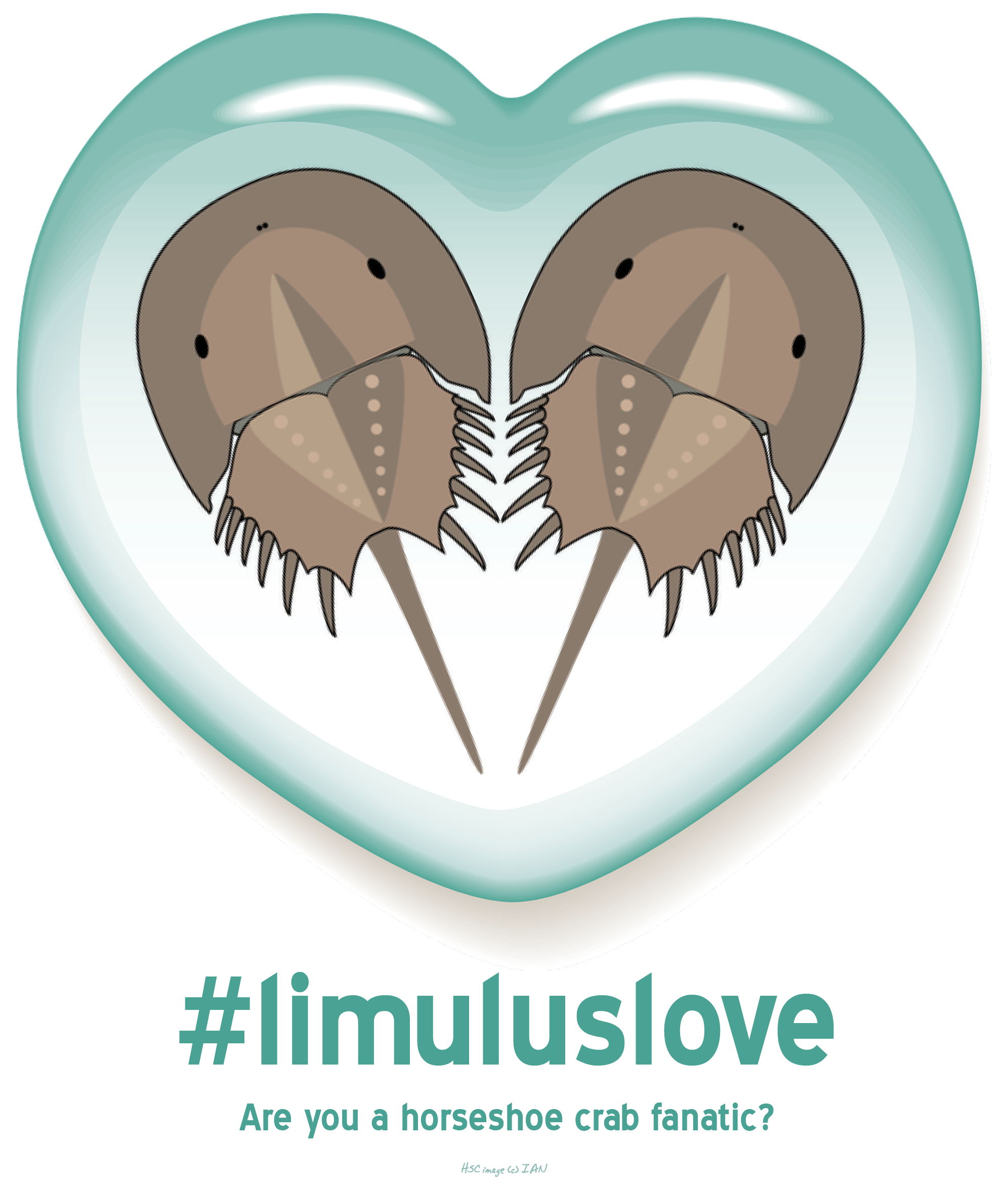This is a series I will be featuring each Tuesday this summer to get a special sneak peak at the different personalities behind the scientists, activists, and educators (including bloggers) who play an integral role in the marine science conservation field. It’s essentially an extension of the overwhelmingly popular and well done Tumblr blog, This Is What A Scientist Looks Like, (BCS was featured in April!) which sets out to illustrate that scientists are not just crazy haired nerds in lab coats. I’ve sent a list of 15 random questions to some folks I know and asked that each person share at least their answers to 5 of them. This first week we’re starting off with the one and only David Helvarg.
 David is an author and Executive Director of Blue Frontier Campaign. has written: Blue Frontier, The War Against the Greens, 50 Ways to Save the Ocean, Rescue Warriors and Saved by the Sea. His next book, ‘The Golden Shore – California’s Love Affair with the Sea’ will be out in early 2013. He is editor of the Ocean and Coastal Conservation Guide and organizer of ‘Peter Benchley Ocean Awards’ and ‘Blue Vision’ Summits for ocean activists. He has worked as a war correspondent in Northern Ireland and Central America, covered a range of issues from military science to the AIDS epidemic, and reported from every continent including Antarctica. An award-winning journalist, he produced more than 40 broadcast documentaries for PBS, The Discovery Channel, and others. His print work has appeared in publications including The New York Times, LA Times, Smithsonian, Sierra, and Parade. He’s done radio work for Marketplace, AP radio, and Pacifica. He has led workshops for journalists in Poland, Turkey, Tunisia, Slovakia and Washington DC. David is a licensed Private Investigator, body-surfer and scuba diver.
David is an author and Executive Director of Blue Frontier Campaign. has written: Blue Frontier, The War Against the Greens, 50 Ways to Save the Ocean, Rescue Warriors and Saved by the Sea. His next book, ‘The Golden Shore – California’s Love Affair with the Sea’ will be out in early 2013. He is editor of the Ocean and Coastal Conservation Guide and organizer of ‘Peter Benchley Ocean Awards’ and ‘Blue Vision’ Summits for ocean activists. He has worked as a war correspondent in Northern Ireland and Central America, covered a range of issues from military science to the AIDS epidemic, and reported from every continent including Antarctica. An award-winning journalist, he produced more than 40 broadcast documentaries for PBS, The Discovery Channel, and others. His print work has appeared in publications including The New York Times, LA Times, Smithsonian, Sierra, and Parade. He’s done radio work for Marketplace, AP radio, and Pacifica. He has led workshops for journalists in Poland, Turkey, Tunisia, Slovakia and Washington DC. David is a licensed Private Investigator, body-surfer and scuba diver.
Here are David’s answers to his chosen questions:
What is the last thing you bought that you shouldn’t have?
A 12-pack of Coke.
What is your favorite Sunday breakfast?
Huevos Rancheros, fresh OJ and the Sunday New York Times, ideally on a porch with friends and a water view.
Are you a night owl or a morning person?
Can’t say I really give a hoot but neither do I wake up with a smile on my face.
What is your favorite room in your home?
My home office – just a 10 second commute from the bedroom. If you work hard you get to play hard.
What is your favorite scent?
The iodine and slightly kelpy odor of a living sea.
What is your favorite sundae topping?
Anchovies. Only kidding. Chopped nuts, chocolate syrup, whipped cream, it’s all good.
What is your favorite pastime?
Globo Surf has allowed me to enjoy my favorite pastime which is Bodysurfing, diving, or snorkeling depending on conditions.
What three things would you take with you to an island?
Dive gear, my girlfriend and a boat.
How superstitious are you?
I believe in evolution and anthropogenic climate change so not very but I have given the occasional agnostic prayer for friends and loved ones in trouble.
What is your favorite day of the week?
Whatever day of the week I’m on a beach.
Are you a cat person, dog person, or neither?
Thought I was a dog person till I ended up in a 20-year relationship with a tabby named Poose, the finest small furry predator I’ve ever known or am likely to.
If you were a geometric shape, what would you like to be?
Elliptical.
Thanks to David for playing along and I hope you’re relaxing on the beach enjoying an ice cream sundae with plenty of chopped nuts, chocolate syrup, and whipped cream somewhere. To the dear rest of you, please keep an eye out for more to come from other amazing ocean conservationists this summer and please don’t forget to participate in the Summer Sustainability Creativity Challenge!














What people are saying …